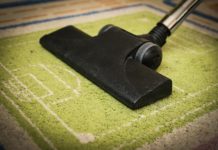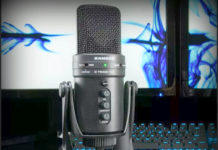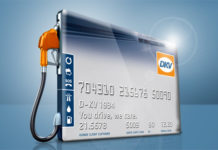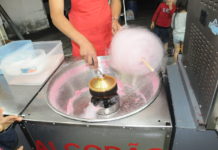Water is the most important component of human life. Every day, it is used in almost all areas of activity for various purposes - domestic, industrial, as well as for drinking, cooking, hygiene procedures. Therefore, the quality of the water plays an important role. The editors of the site "bestx.htgetrid.com/en/" have prepared for you an overview of the best water softeners in 2020.
Content
Softener - what is it and why is it needed?
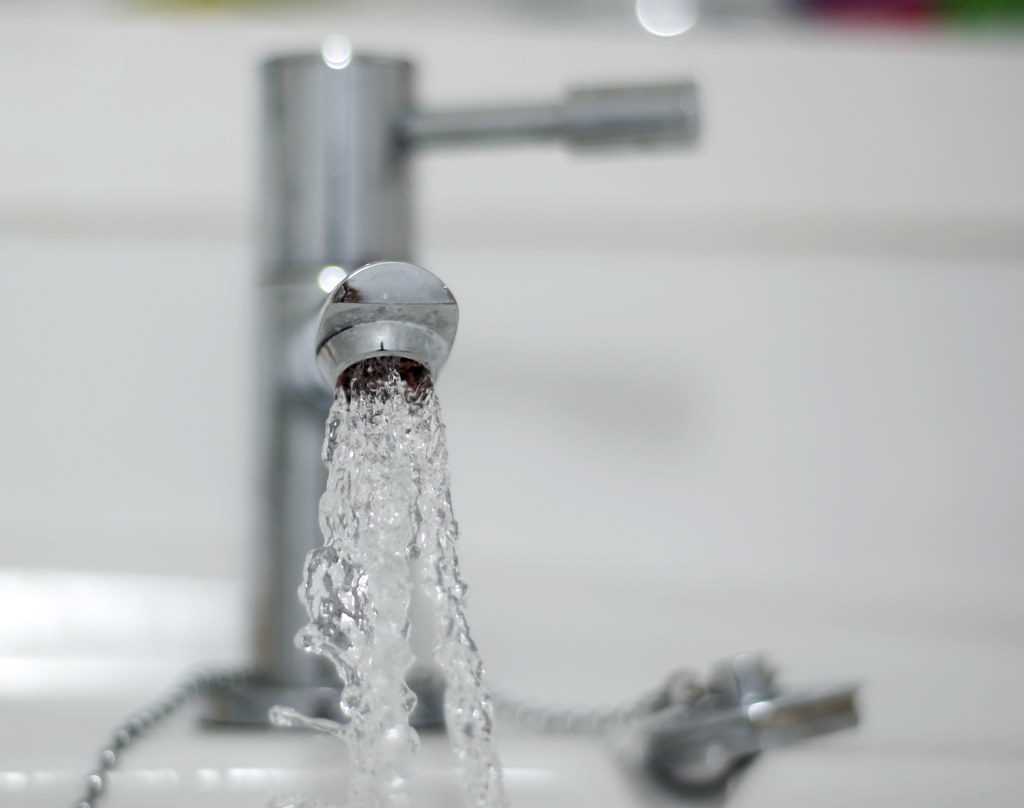
A softener is an automated device that, by filtration, purifies water and brings the content of hardness salts in it to a level that is comfortable and safe for humans.
Modern purification systems can solve all the main problems faced by residents of both country houses and apartments. These include:
- Uncharacteristic hardness of the laundry after washing;
- Bitter taste of food and drink;
- White spots on the surface of the fabric;
- Large consumption of detergents, which, moreover, do not foam well;
- Colored things that quickly lose brightness;
- Tighten skin, brittle hair, joint diseases, digestive and stomach problems, kidney and gall bladder stones;
- Lime deposits on kitchen utensils and taps;
- Problems with piping and heat exchange equipment;
- Scale on boilers.
All of these signs are signs of hard water, which is due to the high content of salts of alkaline earth metals - beryllium, magnesium, calcium, strontium, barium and radium. They are also called hardness salts.
In Russia, a mole per cubic meter is officially recognized as a unit for measuring the degree of water hardness. However, in practice, most often the concentration of positively charged ions (cations) of calcium and magnesium as the most common salts is determined in degrees of hardness and milligram equivalents per liter (meq / l).
Requirements for hardness are regulated by state standards (GOST) and sanitary and epidemiological rules and regulations (SanPiN), which stipulate that the hardness of drinking water should be no higher than 7 mg-eq / l.
If the indicators of the water used are higher than this designation, then it is recommended to soften it, which will help avoid certain health problems, as well as extend the life of home appliances.
Water filtration technologies
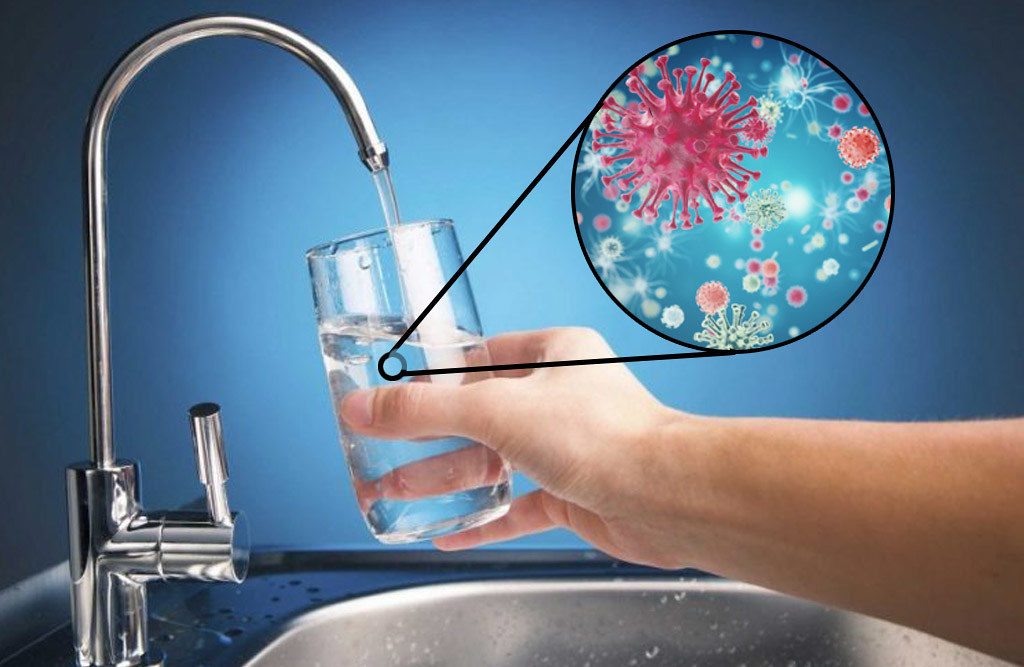
There are various methods that are used to make the water less hard - chemical (using reagents), physical (using natural forces), mechanical (creating barriers) and combinations thereof. The most popular are the following softening principles.
Reagent method
It consists in the addition of coagulant reagents that convert hardness salts into a single insoluble substance that gradually settles to the bottom of the filter. Lime, caustic soda, phosphonic acid esters, sodium carbonate are often used as binding agents. The coagulation method is suitable for liquid purification for technical purposes. Reagents are not used for filtering drinking water.
Polyphosphate method
It is a variation of the previous method. The principle of action is based on a chemical reaction caused by sodium polyphosphates, which reacts with hardness salts. As a result, the water is saturated with sodium ions, and an insoluble film forms on the surface. This cleaning method can only be used for liquid, which will subsequently be used only for household needs.
Ion exchange method
The most affordable and effective technology available today. The principle of operation is based on filtration through a device filled with ion exchange resin, which removes magnesium and calcium ions through an ion exchange reaction, making water safe for humans and technology. It can be used not only for household needs, but also for drinking. This technique is good in that no sediment precipitates during cleaning, and therefore no additional filtering devices are required. The resin used is prone to regeneration, which requires only regular cleaning of the filler with sodium chloride solution.
Many modern ion exchange systems are equipped with an automatic regeneration mode. However, when purchasing a device based on ion exchange cleaning, you should pay attention to such technical parameters as the size of the brine tank and the frequency of loading of sodium chloride. In addition, coarse table salt is suitable for some devices, while for others it is exclusively in tablets. This information should be clearly stated by the manufacturer in the instructions.
Reverse osmosis
This type of cleaning involves the use of an anti-cellulose membrane or an aromatic polyamide valve, which purifies the liquid to almost distilled state. The unit is distinguished by its small dimensions and low energy consumption. The disadvantages include the high cost and the need for periodic replacement of the membrane. Also, for the reverse osmosis system, it is necessary to install a preliminary deep-purifying filter, as well as a mineralizing device, which, after purification, saturates the water with all biologically important chemical compounds for humans, since long-term use of the distillate deprives the body of necessary trace elements.
Magnetic and electromagnetic softeners
Effective for the protection of boilers, water heaters, water heaters and household appliances in cottages and private houses. The device is mounted directly in the pipe and filters out hardness salts by the action of a magnetic field, due to which they become water insoluble, precipitate and are washed out of the water supply system.
How to choose a softener?
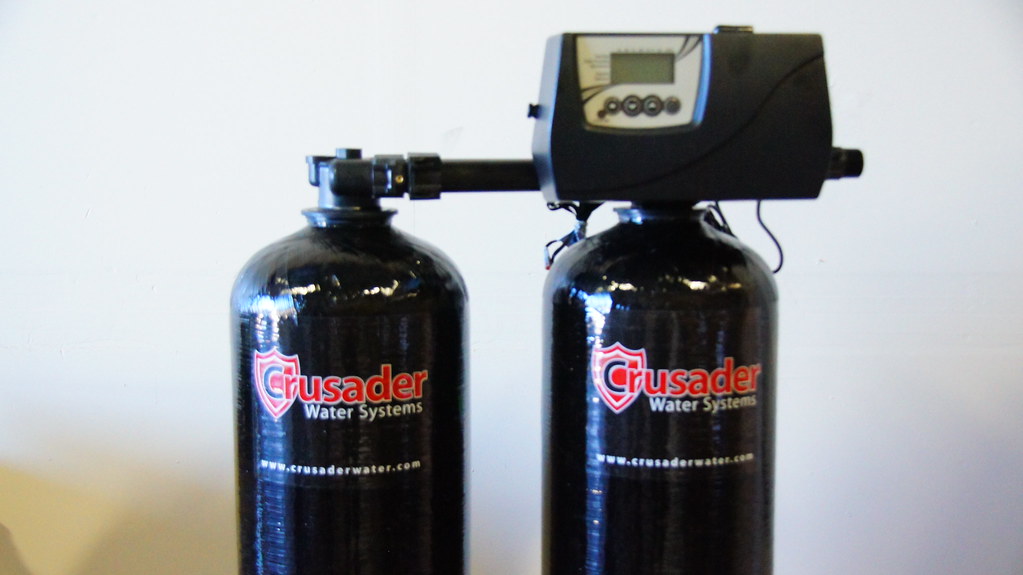
Automatic systems that remove hardness salts from water are divided into the following types - cabinet, cartridge, salt tanks and flow filters.
"Cabinet" devices
Their functionality is based on ion exchange technology. Cabinet-type filters are purchased for apartments and offices, since their small dimensions allow you to equip a cleaning system on a modest area, placing the device in a sanitary cabinet. The popularity of models of this type of softener is due to the fact that the process of water purification requires half the sorbent compared to other similar devices, and water can be used for drinking and at home. The only drawback is low productivity.
Softener cartridge
It is a transparent flask with a container with the same ion-exchange resin mounted. One standard cartridge can clean up to 4 thousand liters and function for six months.At the end of the validity period, it must be replaced. The small resource of the device without the possibility of recovery is compensated by the low cost.
Brine tanks
These are columns that pass water through the ion exchange resin inside. The design of the system provides vessels for salt, which is used for the recovery process, which is automatically activated. The best models of this type are equipped with dual-circuit filtration, which allows the device to function continuously - while one compartment is undergoing recovery, the other performs softening tasks. This option is most optimal for cottages, country houses, summer cottages.
Such vertical ion-exchange units are expensive and have many modifications with significant differences in design, dimensions, power and automation methods. Of the advantages - water can be used in all spheres of life, and the service life sometimes reaches 8-10 years.
Flow filter
It works due to the created magnetic field or contained within a soluble chemical reagent. The installation of such a device provides for the fastening of the softener to the pipe through which water is supplied to household, heating or heating equipment. The disadvantage of such a system is that it can be used exclusively for technical water and one filter is designed for only one device. Plus - it is inexpensive and suitable for boilers.
There is another option that makes it possible to implement this cleaning method more efficiently - a main filter. It is mounted on a pipeline that supplies water to the entire system at the same time. The system can be installed in a private house, however, solving all softening problems at once, it has low productivity and high cost. Therefore, when choosing a flow filter, you should take into account the volume of water consumption.
Criteria for choosing a home softener
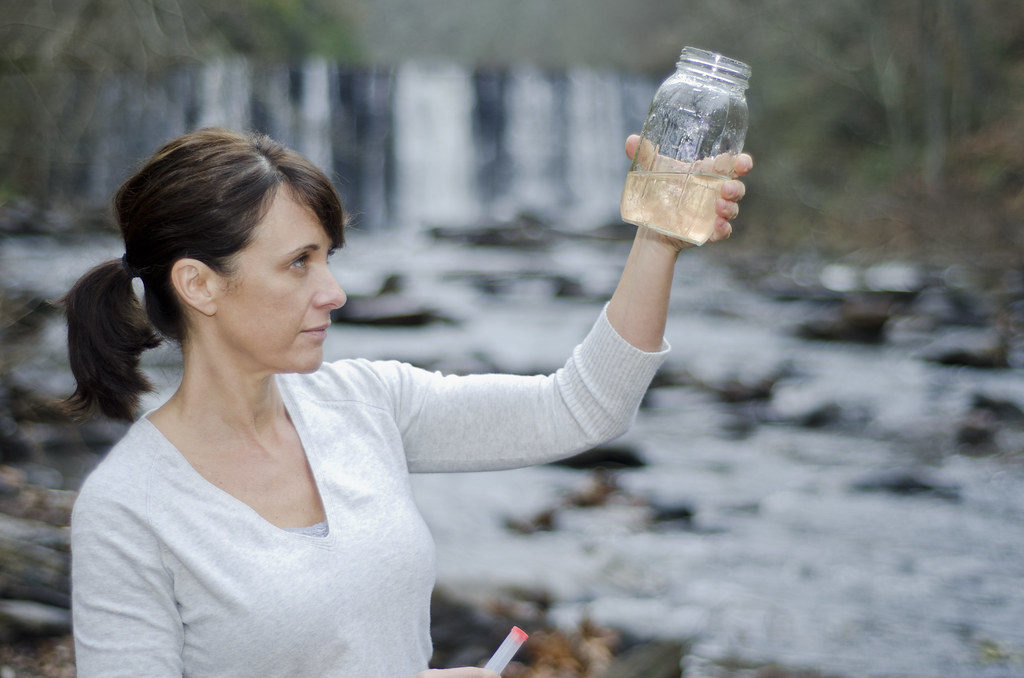
In order to choose the right filtration system, it is necessary to first take water from the water supply source and do a chemical analysis, since the most common mistakes when choosing a softener are the selection of a device without taking into account the composition of the water (not all water purifiers can handle very hard water), and ignoring the fact that not all softeners are equally versatile.
According to regulatory enactments, in accordance with degrees of severity, the following ranking of drinking and household liquid is distinguished:
- Soft water - up to 4 mg-eq / l;
- Medium hardness - up to 8 mg-eq / l;
- Hard water - up to 12 mg-eq / l;
- Very hard - more than 12 meq / l.
It is important to take into account that the rules for the operation of many heat and water supply systems provide for more stringent restrictions on water hardness - these parameters should be indicated in the technical description of the equipment.
Also, before buying, it is necessary to determine the maximum and daily productivity, which is calculated based on the number of draw-off points. This is required in order to correctly select the power of the required installation, otherwise during peak water consumption, for example, in the evenings, the system may not cope with the load.
Tips for water treatment in the country
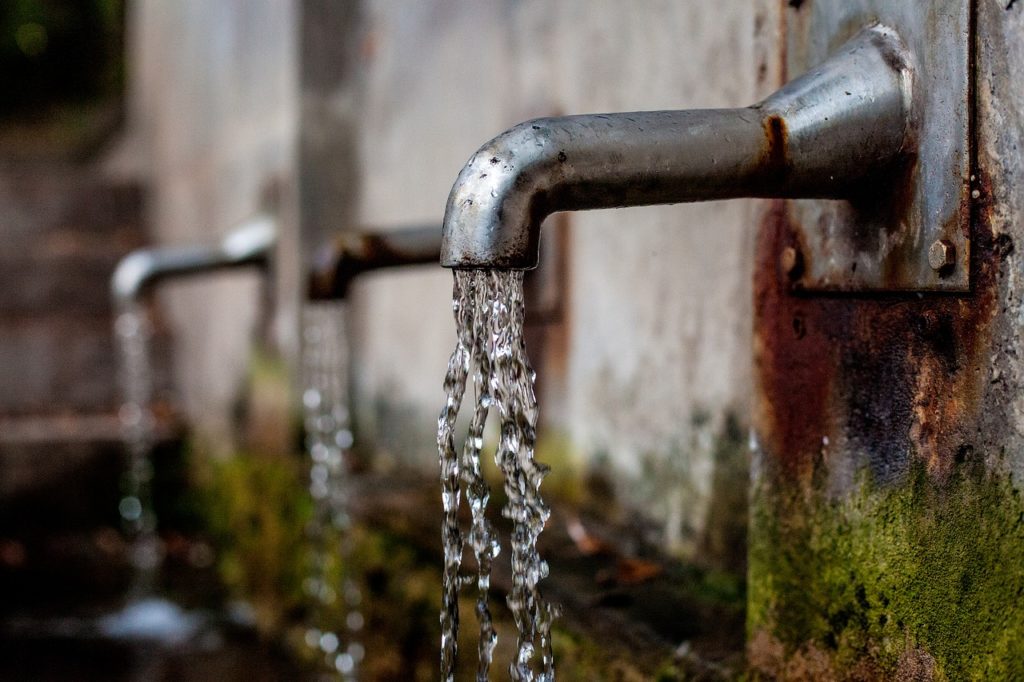
Water in country houses most often comes from a well or a well, and therefore needs deironing, since, unlike city water supply, it does not pass through specialized treatment facilities. Iron removal means the extraction of iron compounds, which not only affect the taste of the liquid, but also negatively affect the human body. An excess of iron appears even visually - a precipitate is formed, and the color changes rapidly, and the water acquires yellowish or brownish tints.
Deironing water from a well can be done in the following ways:
- Defend in a separate container. It will take a certain amount of time, but this will allow the mineral sediment to form naturally.Then it can be easily removed using a mechanical water purifier. This method does not need expensive purchases, and its simplest version can be made by hand;
- Use reagents. Deironing agents produced in the form of granules make it possible to accelerate the process of sludge formation many times over, which makes it possible to independently purify water in small volumes at the household level;
- Install a specialized filtration system that operates on the basis of coal purification and is connected directly to the water supply system, due to which water is supplied from the tap without harmful impurities.
Advantages and disadvantages
Advantages:
- The softener removes hardness salts, so that plumbing equipment and household appliances function more efficiently, and also fail less often;
- When heating hard water, up to 20% more electricity is consumed than when soft;
- The water after the softener makes the wash more qualitative - it eliminates white bloom and yellowing on the clothes, and also contributes to the softness of the fabric;
- Softened water requires less powder and less detergent;
- Soft water makes the process of taking a shower and bath much more comfortable - it does not dry the skin and does not level the beneficial properties of medical cosmetics and care products;
- The filter prevents limescale build-up on pots, iron, kettle, washing machine and dishwasher.
Disadvantages:
- Multifunctional softeners (designed not only for softening, but also for removing chlorine and deferrization) are expensive and require professional installation;
- Devices with high productivity and several cleaning stages are large enough and take up a lot of space;
- Filters operating due to chemical cleaning require replacement of cartridges and reagents;
- When using the reverse osmosis method, an additional mineralizing filter is required, which must be periodically replaced;
- With an ion exchange purifier, there are costs associated with reducing agents.
Main technical characteristics
| room | Specifications | Recommendations |
|---|---|---|
| 1 | Operating principle | Possible reagent, polyphosphate, ion exchange, magnetic or electromagnetic methods. But the most popular and affordable is reverse osmosis. |
| 2 | Types of softeners | Cabinet softeners-cartridges, columns with brine tanks, flow-through, magnetic and main. |
| 3 | Installation | There are stationary devices (cabinet, column) or mounted directly into / on a pipe next to household appliances or at the point of water supply to the system (flow, magnetic, main). It should be borne in mind that professional devices must be installed by specialists. Also important is the fact that the manufacturer's warranty is valid only if the equipment was installed by the seller. |
| 4 | Term of the work | Multifunctional cleaners can last from 7 to 10 years, subject to the rules of installation and operation. The simplest softeners working due to chemical cleaning are designed for a shorter period - from 1 to 3 years. |
| 5 | The cost | In terms of price, softeners differ depending on the functionality. The average price of a multi-stage water purifier is 30,000 rubles. Budget softener models cost from 400 to 3,000 rubles. |
Rating of quality softeners in 2020
Atoll A550m-STD
- Manufacturer: Russia;
- Operating principle: coal cleaning;
- Price - 13,000 rubles.
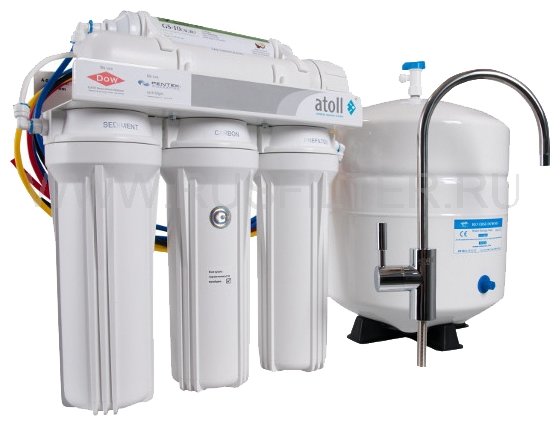
Multifunctional filtration system "next to the sink", which is connected to the water supply, and then cleans from chlorine, deferrizes, softens water by reverse osmosis and mineralizes. The device is designed for cold water, the outlet temperature of which can reach 380C. According to buyers, this model is one of the highest quality in its segment.
Advantages:
- five stages of cleaning;
- filter module included;
- separate tap;
- storage tank for 12 liters;
- clear instructions, thanks to which you can make the connection yourself;
- quiet work.
Disadvantages:
- low productivity;
- no pump to increase pressure;
- requires replacement of cartridges every 2 years and replacement of filters every six months.
Fibos Softening filter for cold water 3000 l / h
- Manufacturer: Russia;
- Operating principle: chemical cleaning;
- Price - 4,000 rubles.
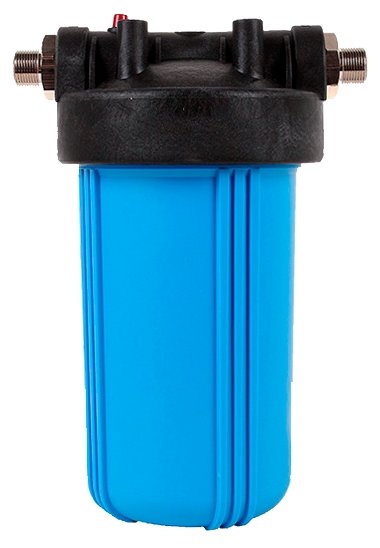
Inexpensive water softener with one cleaning stage. Used for cold water, the capacity is 50 liters per minute. Suitable for gas boiler.
Advantages:
- filter module included;
- transparent body;
- high power;
- acceptable cost.
Disadvantages:
- shortly enough.
Aquaphor Styron
- Manufacturer: Russia;
- Operating principle: polyphosphate cleaning;
- Price - 400 rubles.
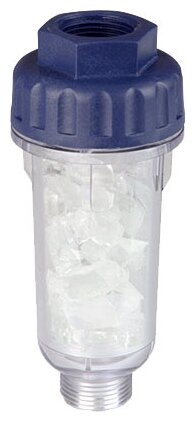
A budget softener connected to the water supply with 1 stage of cleaning for household appliances, including a dishwasher. Designed for cold water. The outlet temperature reaches 300FROM.
Advantages:
- filter module included;
- with a transparent body;
- sturdy construction;
- durable material;
- does not leak.
Disadvantages:
- frequent filter replacement.
New Water B120
- Manufacturer: Russia;
- Operating principle: polyphosphate cleaning;
- Price - 1 200 rubles.
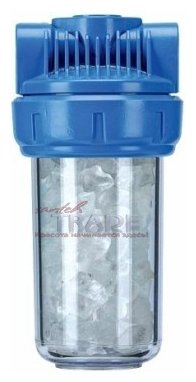
Domestic main-type softener for household appliances (including a washing machine) with connection to the water supply. The productivity is 13 liters per minute. The resulting film protects the pipes from corrosion, scale formation and the build-up of limestone deposits. Purified water is not suitable for drinking and cooking.
Advantages:
- with filter module included;
- sufficient power;
- compact;
- thoughtful design, providing for both vertical and horizontal connection;
- the presence of a diffuse tube that prevents the crystals from washing out.
Disadvantages:
- It is necessary to add the filler depending on the frequency of use of the device.
WaterBoss-900
- Manufacturer: USA;
- Operating principle: reverse osmosis;
- Price - 84,000 rubles.
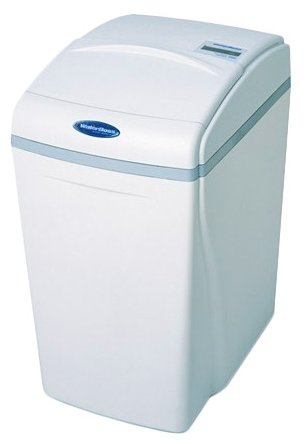
Filter with iron removal and softening function. Effectively cleans liquids with hardness up to 31 mEq / l. It is connected to the water supply and is used for cold water, the outlet temperature of which can reach 500C. Maximum productivity - 30 liters per minute. According to reviews, for maximum results, a coarse filter should be installed in front of the iron remover, and after it - a carbon filter.
Advantages:
- with filter module included;
- high quality cleaning;
- ease of use;
- durability;
- easy installation and setup;
- small-sized.
Disadvantages:
- there is no pump to increase pressure;
- significant salt consumption;
- high price.
Geyser WS1044 / F65B3
- Manufacturer: China;
- Operating principle: reverse osmosis;
- Price - 30,000 rubles.
Complex automatic water purification system for manganese removal, softening and deferrization. Refers to the category of goods for construction and repair. The performance of the device is 1 - 1.3 m3/ h Regeneration is carried out by means of a return water supply with a dosage of brine. Accessories - a filter cartridge, a mixture of granules (25 l), tableted salt (25 kg), a pre-filter (2 pcs), a 70 l brine tank, a drainage and distribution system, a control unit, a disc filter, rolled quartz (25 kg ).
Advantages:
- 3-step cleaning;
- automatic recovery;
- high power;
- there is no smell of hydrogen sulfide;
- simple setup scheme.
Disadvantages:
- high price.
BWT AQUADIAL-SOFTLIFE
- Manufacturer: Austria;
- Operating principle: ion exchange method;
- Price - 47,000 rubles.
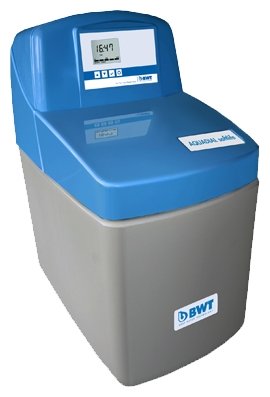
One-column water purifier designed to supply cottages and apartments with drinking water. Suitable for heating systems. An electronically controlled unit is installed on the control valve. The package includes a hose for draining the flushing water into the drain.
Advantages:
- compact design;
- backup power supply for 72 hours;
- saving settings during offline work;
- with the ability to adjust the level of hardness;
- minimum salt consumption;
- convenient control system.
Disadvantages:
- the need to buy specialized tableted salt;
- high price.
De Vecchi-DVA16
- Manufacturer: Italy;
- Operating principle: ion exchange method;
- Price - 9,000 rubles.
Industrial water softener with a volume of 16 liters. Recommended for combi steamers and convection ovens, as well as other appliances used in public catering establishments. For the recovery process, it is necessary to use exclusively coarse-grained table salt. Installation must be done by qualified personnel.
Advantages:
- effectively removes hardness salts;
- prevents the formation of limescale on heating elements;
- suitable for any kitchen equipment with a water supply network;
- reduces electricity consumption by up to 15%;
- significantly extends the service life of equipment;
- affordable price.
Disadvantages:
- must be manually set to regeneration mode.
Raifil RL-R50 / M1A3 PINK
- Manufacturer: South Korea;
- Operating principle: ion exchange method;
- Price - 14,000 rubles.
Shower softener with a capacity of 5 liters per minute. It is a plastic case with several compartments inside. The volume of the salt container is 450 g. The control valve is located at the bottom of the structure. The device operates at temperatures from 5 to 700C, purifying the water just before serving.
Advantages:
- protects skin and hair from the negative effects of hardness salts;
- with timer generation;
- fast and convenient connection;
- ease of use;
- electronic control unit.
Disadvantages:
- difficult to find where to buy.
Siberia-Zeo ARGO
- Manufacturer: Russia;
- Operating principle: coal cleaning;
- Price - 2,000 rubles.
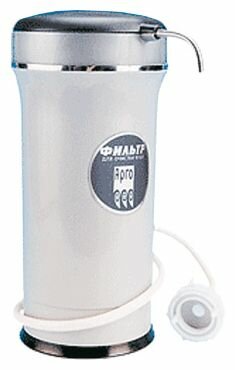
Filtration system "next to the sink" in bulk version to remove free chlorine and hardness salts. The filter is designed for 7000 liters as standard. The maximum plant productivity is 1 l / min. The outlet temperature can vary from 5 to 400FROM.
Advantages:
- with connection to the water supply;
- with 2 stages of cleaning;
- with filter module included;
- with a separate tap;
- reliable design;
- ideal water performance after cleaning.
Disadvantages:
- there is no pump to increase pressure;
- no storage capacity;
- inconvenient tap attachment.
Choosing a softener - which company is better?
Answering the question, which water purifier is better, it should be noted that the best manufacturers of multistage water purifiers are companies from the USA and China, as well as individual European brands.
Popular models of household multistage devices are produced by the brands Atoll, WaterBoss, Geyser, BWT, De Vecchi, Raifil.
Inexpensive standard softeners are produced by domestic firms - Fibos, Aquaphor, Novaya Voda, Siberia-Zeo and others.
If you have experience using the water softeners described in the rating, or a more interesting model, tell us about it in the comments.

